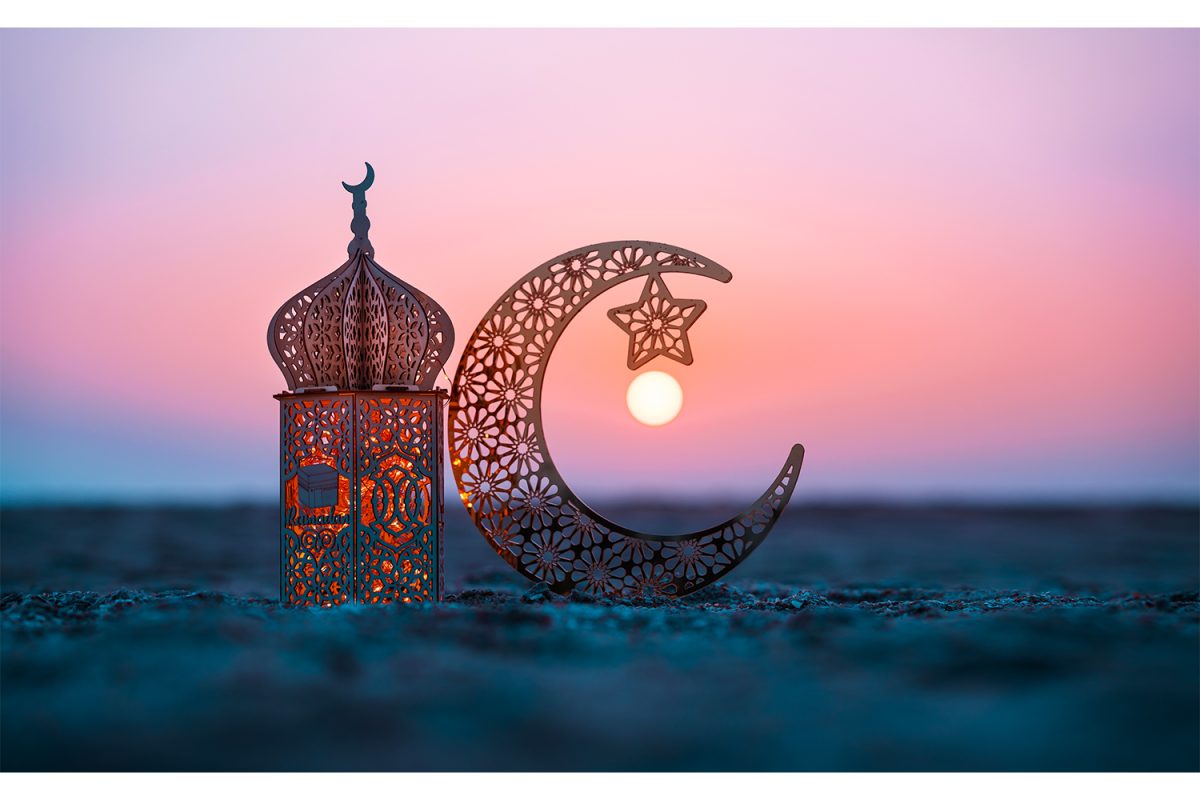Fasting is already difficult in the comfort of our homes. Amid the workload of classes, extracurriculars, and conflicting dining hall times, some Muslims feel their self-discipline being challenged.
Now, with Eid just around the corner, several UI students are reflecting on this past month of gratitude and patience.
Jawad Haider is a fourth-year student who has seen Ramadan overlap with school semesters multiple times before.
“As a student in the past years, I saw fasting as a big burden on my studies and everything work-related. The hardest part for me is by far sleeping and waking up for suhoor and fajr then sleeping again. Studying for the MCAT while taking hard microbio classes last year while fasting was so rough,” Haider said.
Despite the challenge, Haider was still involved with the University of Iowa Muslim Student Alliance and Middle East and North African Student Association. These organizations provided a sense of community during his observance.
The MSA and MENASA are two of the most active groups during Ramadan. They have organized several iftars, events to break fasting, and advocate for accommodations that Muslims greatly benefit from.
Biology student Fardowsa Mohamed has attended some of this programming.
“MSA had an iftar every week of Ramadan with very good food. Events like the Mayflower Iftar are just so cute to me,” Mohamed said.
While to many, Ramadan seems like an individual effort, iftars are the core of its observance. Community and friendship are incredibly important to Muslims.
Muslims traditionally open their fast with dates because the Prophet Muhammad was believed to break his fast in this way. It is a humble way to satiate day-long hunger and represents a lack of ostentatiousness.
Mohamed’s roommate, Lily Heuer-Caton, reminisced about changes MENASA made to foster more community interactions.
“At the beginning of Ramadan, we hosted an iftar and had 10 girls come over. They each brought a dish, and we prayed and ate together,” Heuer-Caton described. “Then we chatted, and it was a special way to commemorate Ramadan at Iowa.”
The Muslim population at the UI is small, but that does not matter as long as those who are present have big hearts. These events are always open to the public, sharing more knowledge about the religion and its practices.
Coming from an immigrant family, Haider admires efforts like this. They build feelings of home where there might not originally be. Much of his Ramadan and Eid, a celebration for the completion of the month, is spent with friends at UI.
“It’s hard for immigrant families to find their cultural communities, especially in small or mid-sized Midwest cities,” Haider said. “My family personally doesn’t do much for Eid, so I never really go home from university for it.”
Heuer-Caton will also spend Eid in Iowa City, and it will be just as fruitful and rewarding for her as it will for those going home.
“I will be going to Eid prayer, followed by brunch with some of my friends, and we also do henna the night before and wear new clothes. Overall, my first year in college has made Ramadan and Eid all the more meaningful,” she added.
Meanwhile, Mohamed looks forward to seeing her extended family and revisiting traditions.
“I’m going home to Des Moines. I will attend Eid prayer and spend time with my family,” Mohamed said. “We have our cousins over and we give the kids gifts and enjoy desserts — it’s just a good time.”



